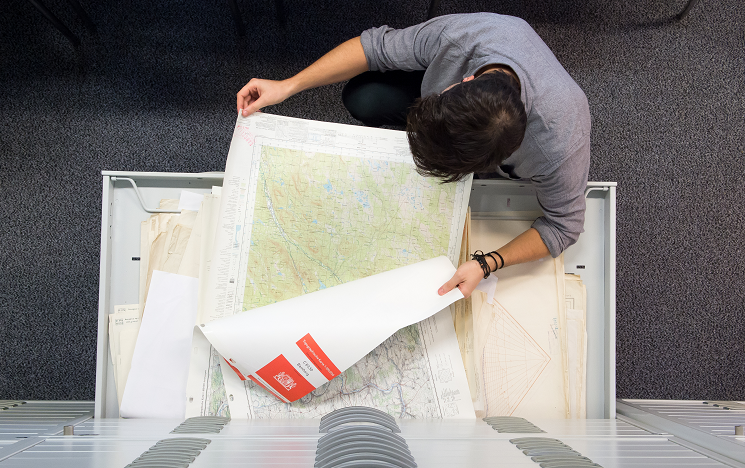Sussex Symposium and workshops

Workshops, Conferences and Reading Groups
The Centre for Advanced International Theory hosts conferences, workshops, and reading groups on a wide range of topics and approaches in the field.
If you would like to make suggestions for activities on a particular theme or if you are looking for a hospitable environment for your conference or workshop, please contact cait@sussex.ac.uk.